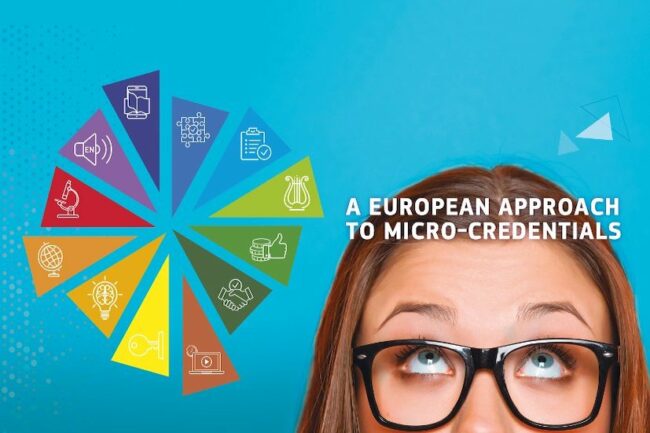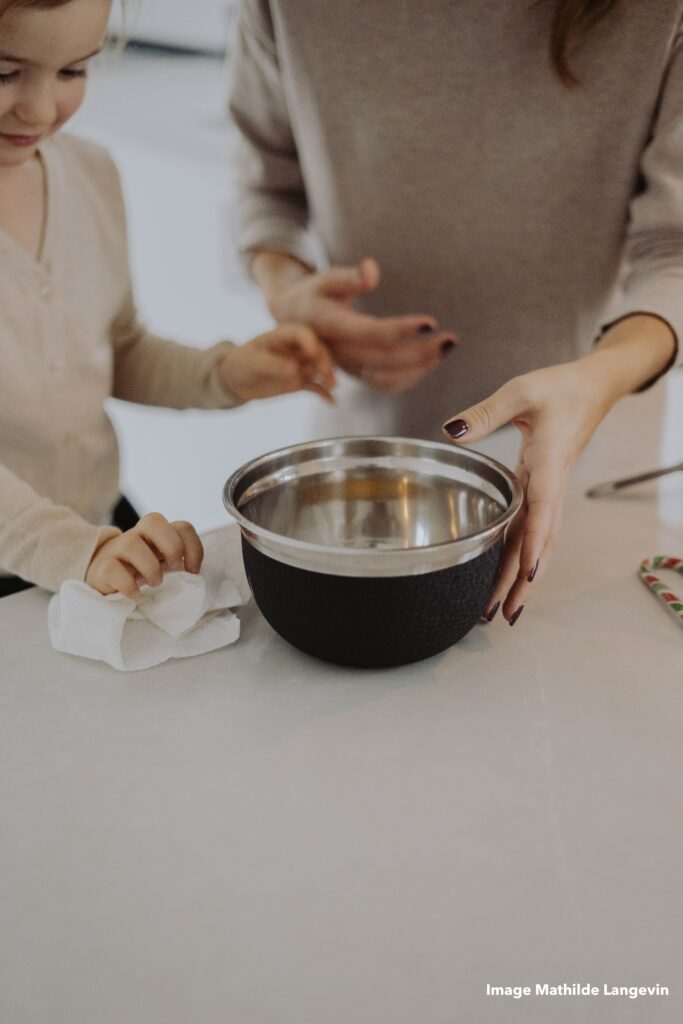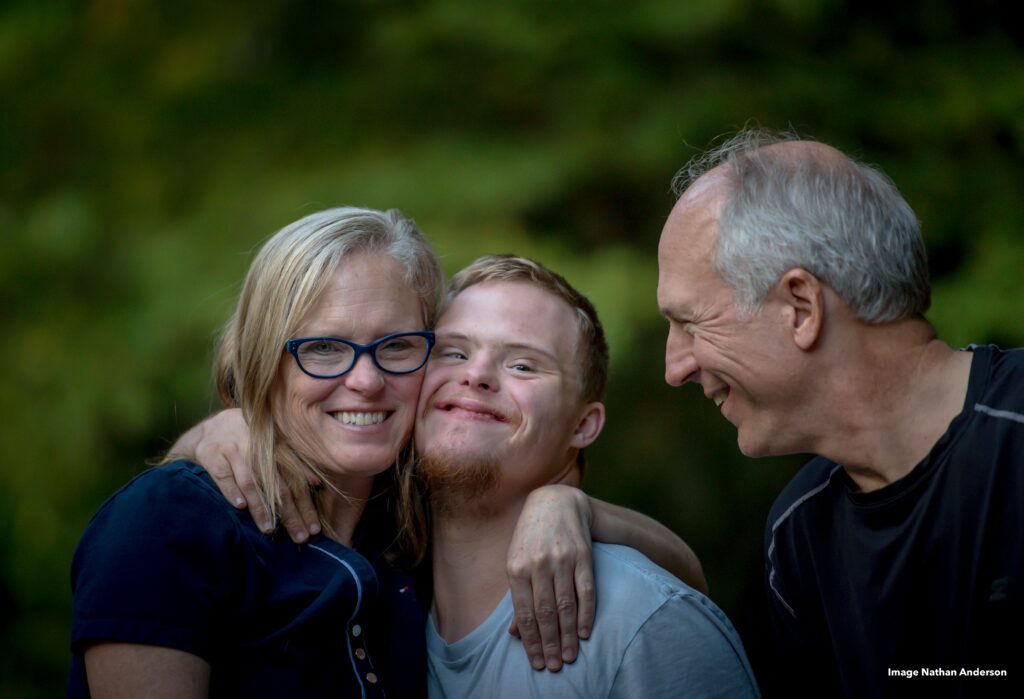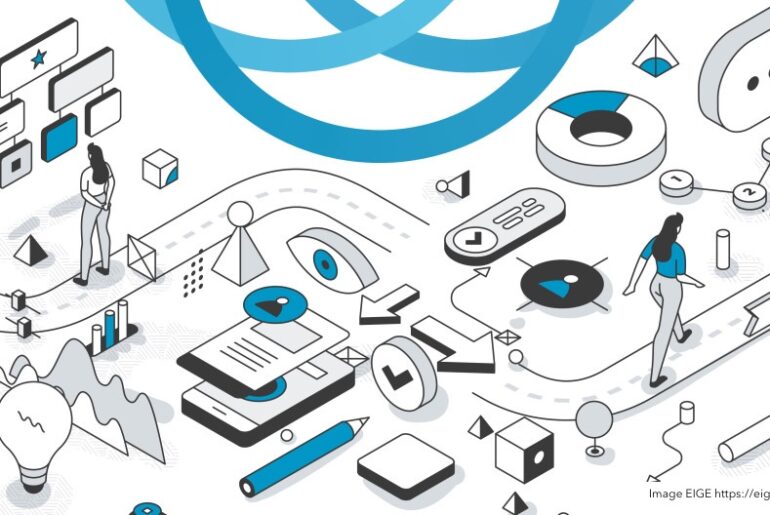MMM’s contribution to the European Commission’s Micro-credentials Public Consultation
14.09.21
Make Mothers Matter welcomes the Commission’s Public Consultation on Micro-credentials (Mcs) as the flexibility and modularity they offer could provide flexible ways of skilling and reskilling for mothers.

According to the European Institute for Gender Equality, time is the biggest barrier preventing men and women from engaging in lifelong learning. Care responsibilities and household duties are highlighted as key time issues. Mothers in the EU undertake the bulk of care duties. This has implications for their employment opportunities, involvement in social, leisure and cultural activities but also their participation in lifelong learning.
In addition, mothers coming out of family-related career breaks face significant challenges returning to the labour market. The primary reason for this is the lack of proper upskilling, reskilling and lifelong learning options available to women to help them bridge the knowledge gap that can appear in the time away from work.
Micro-credentials have the potential to help women return to the labour market after family-related career breaks. However, in our response, we highlighted that in order to become an effective tool for women’s employment and respect the first principle of the Pillar of Social Rights, they should also be targeted to those who need them the most: women with lower levels of education, women with a migrant background and single mothers. This also means that the cost of these credentials should not be a barrier. This is crucial to maintain their labour market skills, ensure adequate resources for families and women living by themselves, and to make further progress towards gender equity.
Moreover , MCs could serve as a tool for the recognition and valorisation of all the knowledge, skills and competences acquired by learners outside the formal education system.The recognition and validation of soft skills for employability have been at the heart of several EU projects. Public institutions at national level have also started to recognise the importance of soft skills. More particularly, skills and competences can be acquired by caring for others. Caregiving is a learning experience that provides caregivers with soft skills that contribute to social inclusion, personal development, empowerment, and employability. However, this role is time and again stigmatised as employers and employees are often convinced this will have negative consequences on their professional lives. If soft skills acquired through caregiving activities were properly recognised, valued, and supported, these skills could benefit both employees and employers, and in turn, society at large.
Caregiving is a learning experience that provides caregivers with soft skills that contribute to social inclusion, personal development, empowerment, and employability. However, this role is time and again stigmatised as employers and employees are often convinced this will have negative consequences on their professional lives. If soft skills acquired through caregiving activities were properly recognised, valued, and supported, these skills could benefit both employees and employers, and in turn, society at large.
In its response MMM describes a number of existing initiatives taken by the private  sector and demonstrated in several EU projects the importance of recognising and valuing these skills. Micro-credentials could therefore be an opportunity to recognise and validate carers’ soft skills and allow these skills to also be recognised and valued on the labour market. So the results of the initiatives described in our answer to the Commision could serve as a starting point.
sector and demonstrated in several EU projects the importance of recognising and valuing these skills. Micro-credentials could therefore be an opportunity to recognise and validate carers’ soft skills and allow these skills to also be recognised and valued on the labour market. So the results of the initiatives described in our answer to the Commision could serve as a starting point.
Envisioning care as a common thread to global crises
29.07.24
UN New York - Our virtual HLPF side-event brought together experts to shed light on how the various global crises we face (in particular climate change and other environmental crises,
We call for multi-stakeholder approach to recognise and support unpaid care work
21.07.24
UN New York - Participating in the meeting of the UN Economic and Social Council (ECOSOC) on care and support systems, MMM reaffirmed the principle of co-responsibility, which should underpin
The New EU Gender Equality Roadmap : A Call for Inclusion of Mothers
04.03.25
The European Commission’s initiative on a new Gender Equality Roadmap post-2025, marks a significant step forward in addressing gender disparities across the European Union. Make Mothers Matter (MMM








